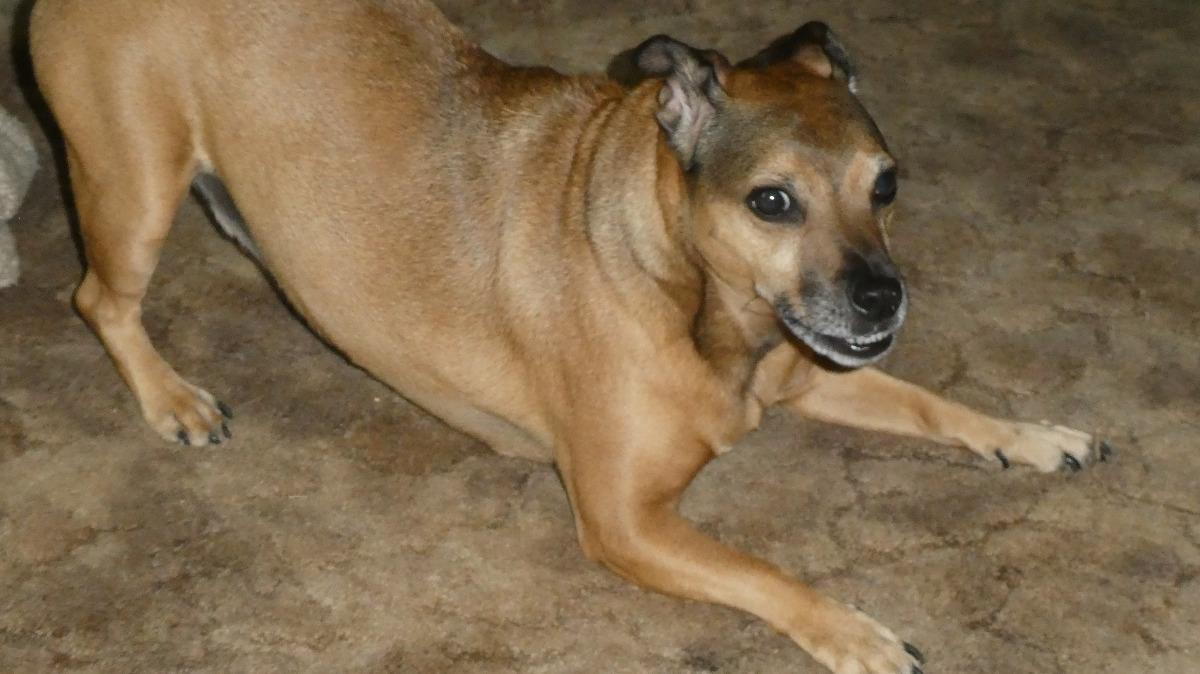Picky Pet? What to Do When Your Pet Won't Eat

- posted: Dec. 12, 2020
Picky Pet? What to do when your pet won’t eat
Some dogs (and cats!) clear their plates in seconds flat. Others…not so much. There are many reasons that pets may not be that interested in their food. We tend to equate a good appetite with feeling good and being healthy, though this is not necessarily always the case. We’ll explore some common reasons and what you can do to keep your cat or dog chowing down.
Some dogs and cats are just not motivated by food. They don’t see it as the best thing ever and may really want attention or playtime instead of treats. This isn’t a bad thing. You just may need to find some other reward to offer when training your pet. Too many treats can also put pets off their food at mealtime as well as teach them that if they hold out and don’t eat, they might get something tastier. Beware of offering too many choices or feeding your pet a more desirable food if she doesn’t eat her regular diet. We may inadvertently train our pets to be picky eaters if we offer something better when our pets don’t eat right away.
Pets can also develop food aversions if they became nauseated after eating a certain food. If your dog or cat had a bout of gastrointestinal distress, he may be reluctant to eat the same food he was eating when he got sick. A change in diet may get your pet back to eating again. But, remember, don’t offer infinite flavors or types of food as it could backfire. Stress and anxiety may also reduce appetite. Keep pets on a feeding routine—feed at the same time and in the same location—to reduce anxiety around meal time. Learn your pet’s eating habits and feed accordingly—some like to eat all their food at once, others tend to graze or nibble throughout the day. In general, offer food for 20-30 minutes. Whatever your pet does not consume, remove it and offer it again later. This can establish routine eating habits.
Cats are very driven by textures. It may help to reduce picky eating habits in cats by offering a variety of foods and textures when they are kittens, including canned food and different shapes of dry kibbles. Even if you intend to feed one food to your cat, offering variety when young may make it easier to introduce a new food later in life if, say, your cat needs to take medication in a soft treat or has to eat a prescription diet due to a medical condition.
If you’re trying to transition your pet to a new food or if your pet is reluctant to eat for whatever reason, it is okay for a pet to go 24 hours without eating. Pets do occasionally become bored with their diet—adding water or a small amount of canned pet food to kibble may help make it more enticing. Limit adding table food, but if you must, a small amount of plain skinless chicken or some vegetables are allowed. Avoid sudden diet changes when possible. If you want to offer your pet a new food, mix the new dry kibble with your pet’s current diet gradually increasing the amount of new food and decreasing the old over a period of four to five days. Cats may fare better if you offer a new diet in a separate bowl and gradually reduce the amount of their current diet so they are left with only the new food to eat. Mixing cat foods may cause your feline friend to pick out only the pieces she wants or to avoid the food bowl altogether. If changing brands of canned pet food, offer a tablespoon or two of the new canned diet at meals to transition. Again, limit treats and remember not to offer too many foods or flavors as we can create picky pets by giving too many choices!
Making sure your pet is getting enough exercise and stimulation also improves appetite. If pets are not active, they simply may not be hungry. If your dog or cat is maintaining her weight, having normal stools and has a normal activity level but is not eating regularly, chances are nothing serious is wrong. If your dog or cat goes 48 hours without eating, if his eating habits have drastically or suddenly changed or if he is vomiting, having diarrhea or acting lethargic, consult your vet. Many, many medical conditions can cause loss of appetite. Better to be safe than sorry if your pet suddenly stops eating his meals. Picky eaters can be frustrating, but in most cases pets can be trained to eat a healthy diet.
This blog brought to you by the Patton Veterinary Hospital serving Red Lion, York and the surrounding communities.
https://www.akc.org/expert-advice/nutrition/why-is-my-dog-a-picky-eater/
https://www.hillspet.com/dog-care/nutrition-feeding/my-dog-is-a-picky-eater
Location
Patton Veterinary Hospital
425 E Broadway
Red Lion, PA 17356
